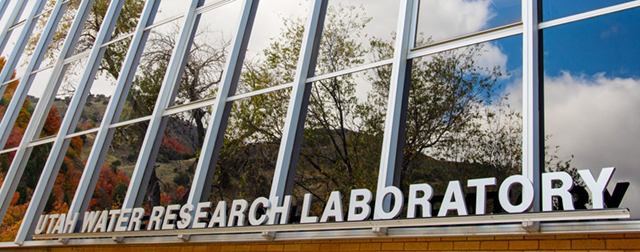Document Type
Report
Publication Date
January 1970
Abstract
Introduction: Increasing national and international interest in water resources in recent years has stimulated much new activity and progress in hydrology. It is now generally recognized that the science of hydrology is basic to an understanding of water resources problems and to planning for water resources development. Accompanying this demand upon the science of hydrology is an urgent need for improved education at the university level. In resopnse to this need for improved education, the First International Seminar for Hydrology Professors was held at Urbana, Illinois, in July 1969. The Second International Seminar was held at Logan, Utah, during August 2-14, 1970, and was a continuation of the program to acquaint hydrology professors with modern concepts and technologies. The major overall objective of the second seminar was to emphasize the systems approach as applied to hydrology, in which the various fundamental hydrologic processes and their interrelationships were studied and examined. Because of the need to apply new concepts and technologies to the development and utilization of the limited supply of water resources throughout the world, hydrologic programs in our colleges and universities generally require much improvement, particularly with reference to the application of systems concepts and methods. Accordingly, the specific objectives of the Seminar were as follows: 1. To impress upon hydrology professors the improtance of the systems approach to the science of hydrology, and to acquaint them with the fundamental and basic concepts of the the hydrologic system. 2. To present concepts for defining or describing the hydrologic system in terms of particular management objectives. 3. To examine various techniques for monitoring the hydrologic system, including the design of monitoring networks in terms of particular objectives. 4. To acquaint the participants with several methods of modeling hydrologic systems, and to provide them with experiences which demonstrate the utility of modeling for (a) examining various system interrelationships and sensitivies; and (b) maximizing particular objective functions subject to given external contraints and production functions.
Recommended Citation
Riley, J. Paul and Averett, Diana, "Systems Analysis of Hydrologic Problems" (1970). Reports. Paper 128.
https://digitalcommons.usu.edu/water_rep/128


